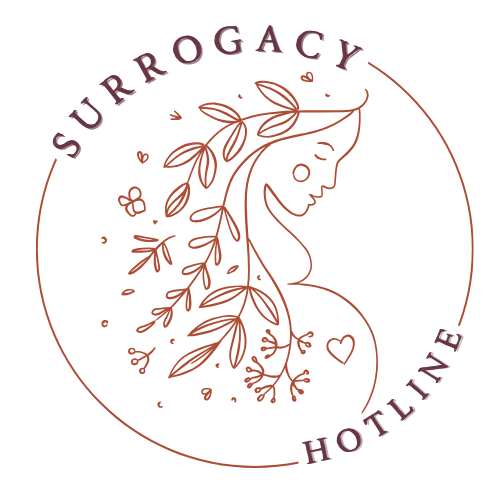

Private Label Surrogacy™ is a gestational surrogacy agency providing next-level care for our surrogates and parents.

YOUR CARE IS EVERYTHING TO US
We think of our surrogates as modern day heroes. Because of your gift an entire lifetime is possible. We’d like to pay this forward with a level of care that matches your nurturing spirit – from an extended life insurance package, to mental health care, to nutritional support, and whether you’re a new surrogate or an experienced one, we are dedicated to ensuring your health and happiness.

LET US HELP YOU GROW YOUR FAMILY
We would love to help you achieve your dreams of growing your family. At Private Label Surrogacy™ we are here to take the mystery out of the surrogacy process and guide you through a happy and understandable journey. We recruit only the healthiest and most dedicated surrogates and support you in all phases of the process. Our approach is one of transparency, communication, and nurturing.
WHY CHOOSE PRIVATE LABEL SURROGACY™
Ethics
Our reputation means everything to us, and ethics and transparency play a critical role. We don’t just adhere to the best practices, we play an integral part in setting them.
Our reputation means everything to us, and ethics and transparency play a critical role. We don’t just adhere to the best practices, we play an integral part in setting them.
Experience
Our team has multilevel experience in the surrogacy process – fertility management, fertility nursing, gestational and postpartum nutrition, and even as surrogates ourselves.
Our team has multilevel experience in the surrogacy process – fertility management, fertility nursing, gestational and postpartum nutrition, and even as surrogates ourselves.
Care
We know the surrogacy journey can be emotionally and physically taxing. Our approach is one of nurturing and advocacy. We make it our mission to go above and beyond during this process.
We know the surrogacy journey can be emotionally and physically taxing. Our approach is one of nurturing and advocacy. We make it our mission to go above and beyond during this process.
WHAT PEOPLE ARE SAYING ABOUT PLS
ABOUT OUR FOUNDER






